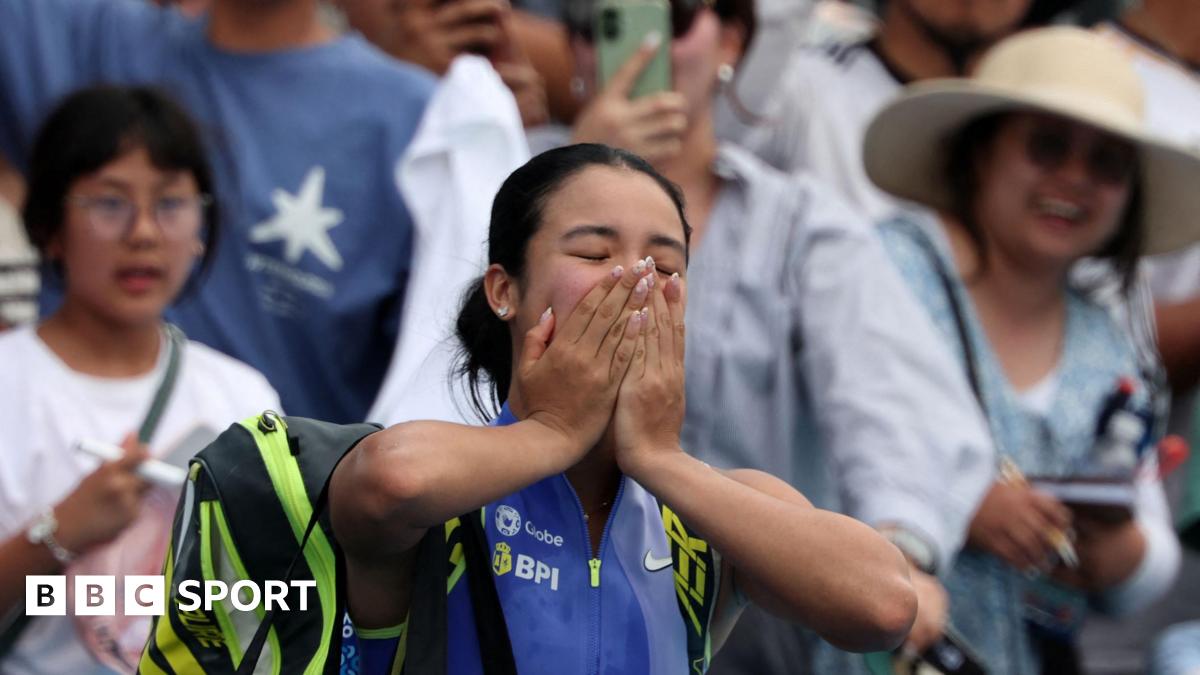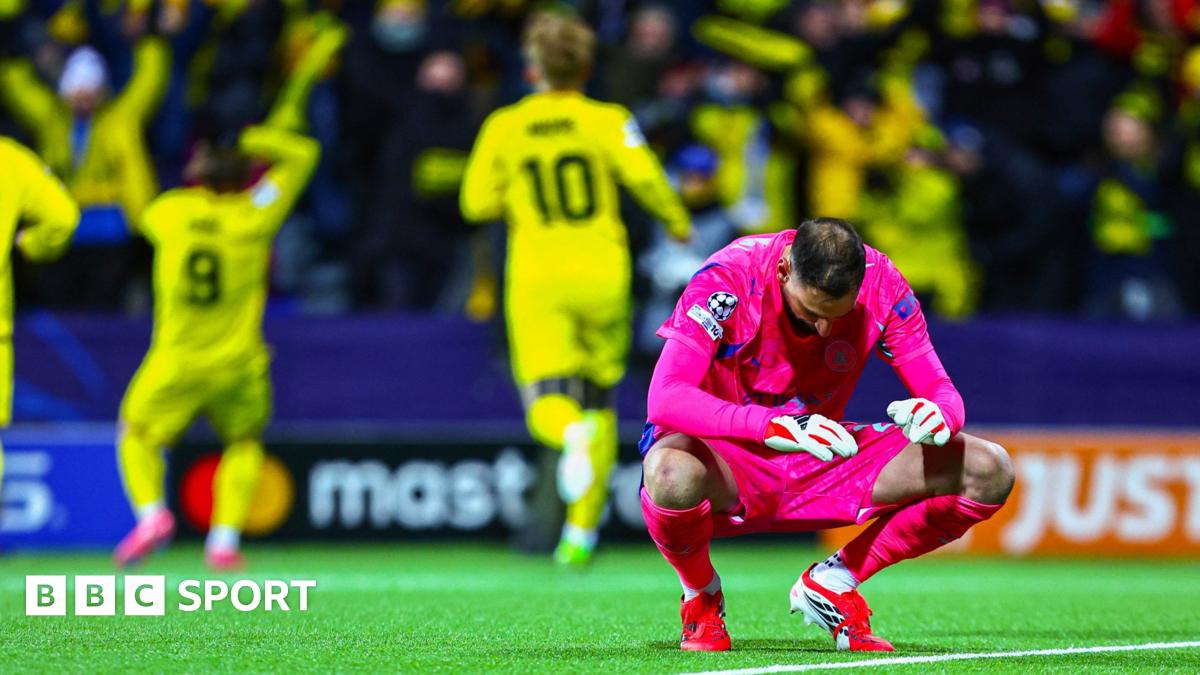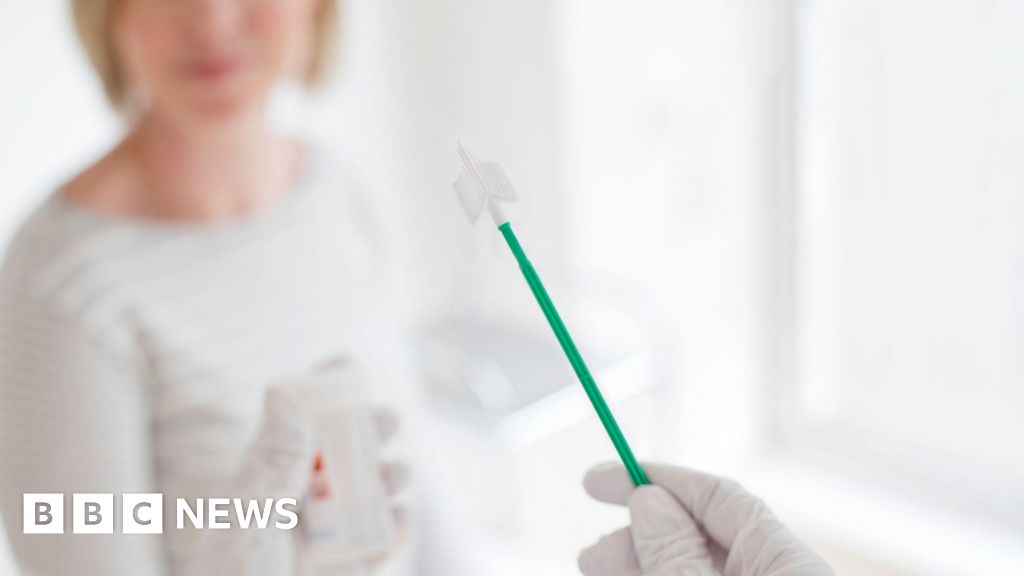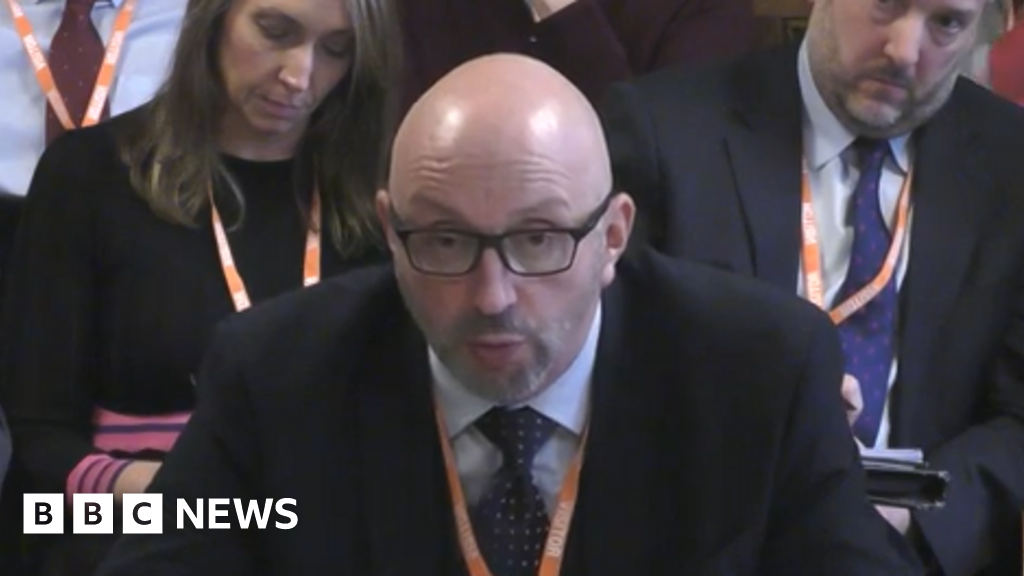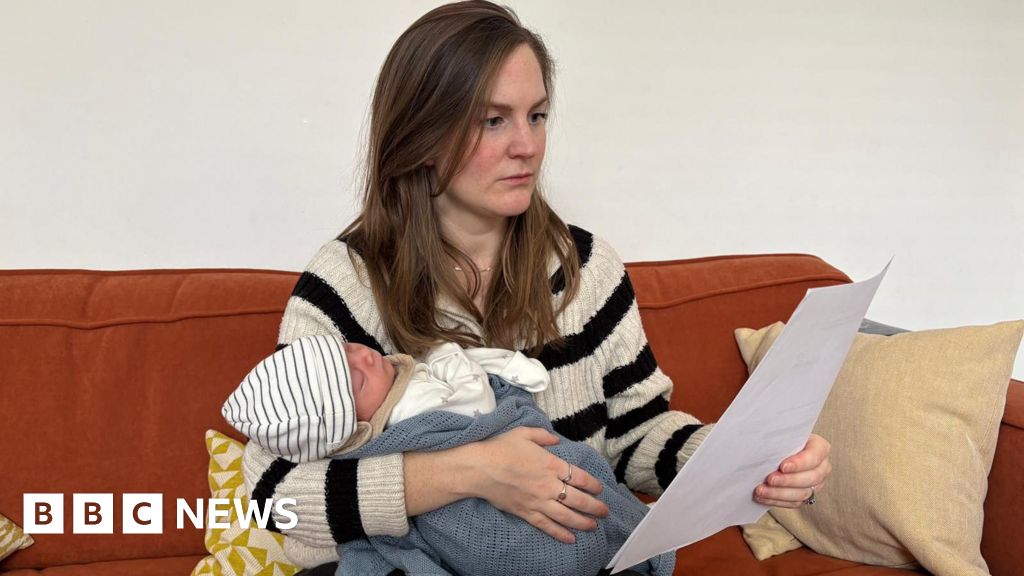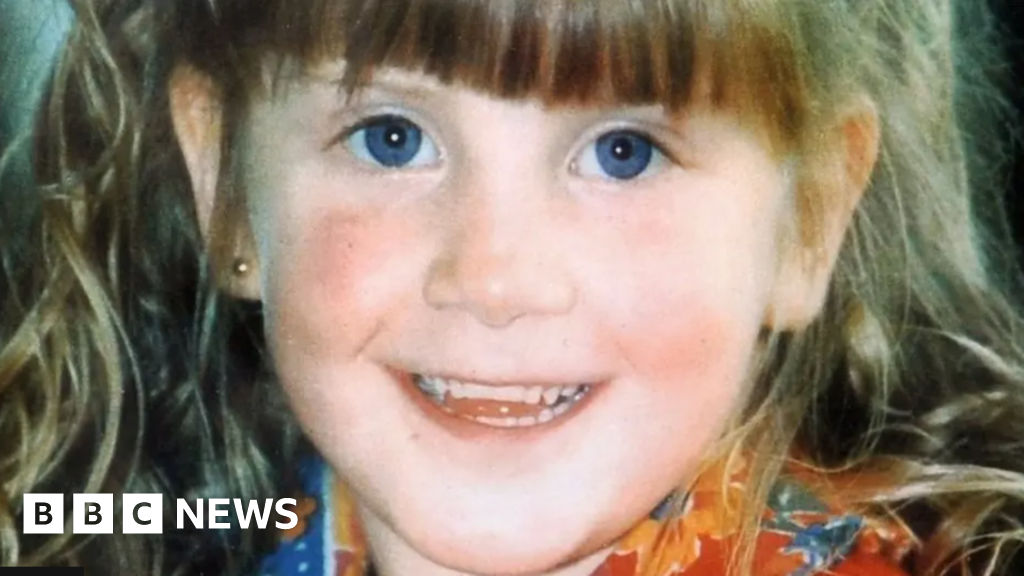 Pacemaker
PacemakerThe mother of a nine-year-old girl who died from hyponatraemia has lost a legal challenge to her condition not being formally recorded at inquest as “hospital-acquired”.
Raychel Ferguson, from Londonderry, was given a lethal dose of an intravenous fluid at Altnagelvin Hospital in 2001 after having her appendix removed and died later at the Royal Victoria Hospital for Sick Children
A second inquest in December 2023 found that she had died of a cerebral oedema, or swelling in the brain, due to hyponatraemia, an abnormally low level of sodium in blood.
In 2018, the Hyponatraemia Inquiry, which examined the hospital deaths of five children in Northern Ireland, found Raychel’s death was avoidable.
 Liam McBurney
Liam McBurneyAt the previous inquest in December 2023, Coroner Joe McCrisken said her death was due to a series of human errors and not systemic failure.
He outlined three causes of the hyponatraemia but said he was satisfied the “inappropriate infusion of hypotonic saline fluid… played the most significant part”.
Hyponatraemia is the term for a low level of sodium in the bloodstream, which causes the brain cells to swell with too much water.
Raychel’s mother Marie mounted a legal challenge to how the coroner had recorded the cause of her daughter’s death, but that was dismissed on Thursday.
She objected to the verdict not formally stating that the hyponatraemia was “hospital-acquired” and for not describing her daughter’s vomiting as “severe and profuse”.
At the high court in Belfast on Thursday, a judge held that the coroner’s inquest conclusions made it abundantly clear that Raychel’s hyponatraemia was acquired when she was in hospital.
“The detailed findings of the coroner are contained within a comprehensive and detailed verdict which is there for all to read,” Mr Justice Kinney said.
“There is no basis to say that it was irrational not to include such qualifying words in the cause of death.”
Further claims of a failure to properly describe the extent of vomiting were also rejected.
“The coroner did not discount or disregard the severity of Raychel’s vomiting … but clearly concluded that it was not relevant to his statutory task and was not a causative factor of the hyponatraemia,” Mr Justice Kinney said.
“In fact, the coroner went further than the applicant had argued at the inquest.
“I am satisfied that the coroner’s decision is neither unlawful nor unreasonable.”

